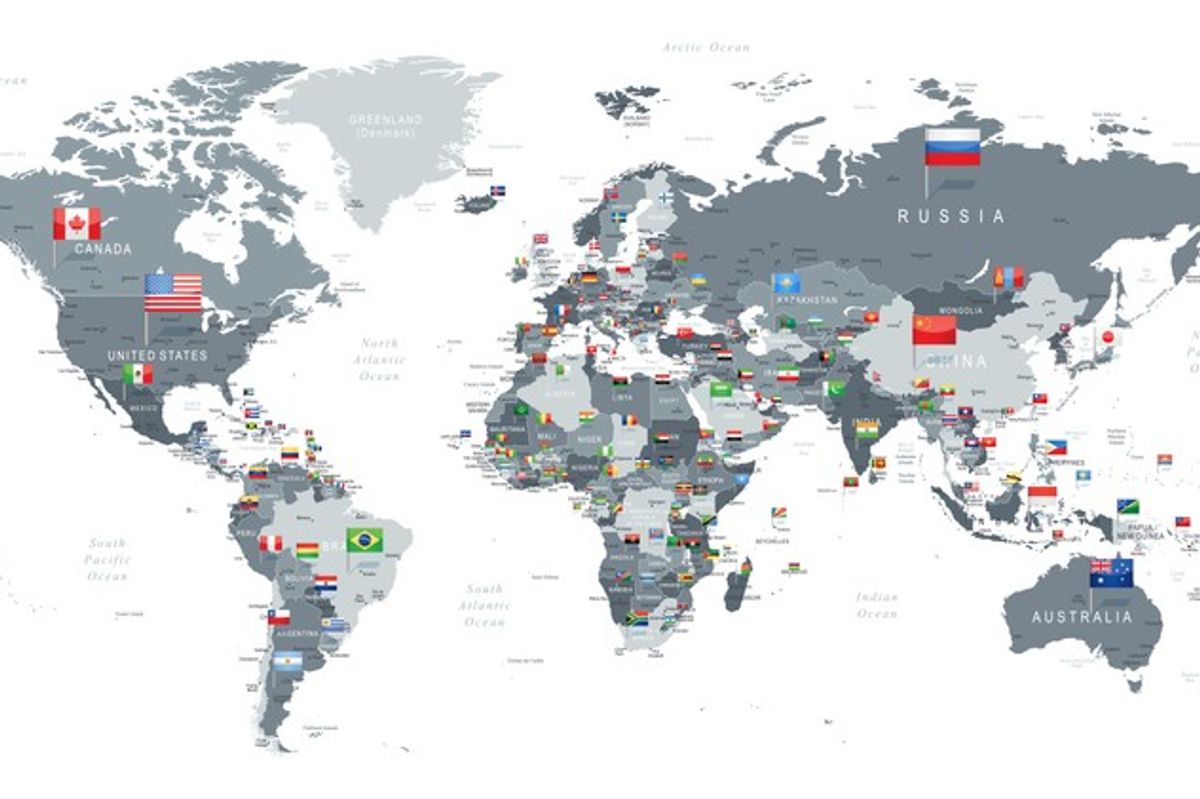There are two elements to the "what now?" question in the UK.
The first element I expected to be addressing after Thursday’s vote was: how will the security dynamic change now that the U.K is leaving the EU? But it is not quite so simple.
My argument remains that the UK's intelligence and security structures would not be affected, at least in the short term, because the UK's international, including European, security and intelligence arrangements are principally about bilateral relationships not dependent on any EU institutional underpinning. NATO would remain at the heart of British national security.
Medium term, it is harder to predict whether there could be a souring of the UK-EU atmosphere and therefore security cooperation; and anyway, some important elements of policing would be disrupted by the loss of current EU-based arrangements.
But British and European security could be affected by the geopolitical consequences of Brexit.
If Scotland - which of course voted heavily to remain in the EU - held, and won, an independence referendum and joined the EU, rump-Britain would find itself with a land border with the EU. Policing that border would not be straightforward. And the Scottish nationalists remain committed against nuclear weapons, so rump-Britain would have a further, huge problem to overcome as our nuclear capability depends on outlets in Scotland.
In parallel, the Northern Ireland issue has suddenly raised its head again. Most of Northern Ireland voted to stay in the EU though a large minority of mostly Protestants voted to leave. So, again, you have the complex problem of appropriate policing for a border with the EU (the Irish Republic), and you have further complexity in that most northern Irish people, and almost all of the Catholic/nationalist/republican minority, will feel they are being forced to leave the EU against their wills.
And the possible game changers go further. The U.K. Brexit vote encourages anti-EU sentiment in some of the remaining 27 countries, including in France, the Netherlands, and Sweden. Some of those leading the anti-EU offensive in these countries are strongly nationalist. If France leaves the EU, it is difficult to see the EU, or what's left of it, surviving in its old form. And it is difficult to feel confident about European security, including Europe's ability to respond maturely to Putin's Russia and the complex challenges of terrorism, if it has broken up into smaller nationalist led units.
But first...
The immediate issue is that the UK has NOT left the EU, and the two year "clock" for us to negotiate our departure has not yet started to tick.
So that brings us to the second element of “what now?”—the domestic political situation.
It is difficult to see how, after a referendum which, while close, clearly indicated a vote for Brexit, politicians can fail to act on the will of the people. But remember that most British lawmakers (MPs) do not want to leave the EU. There is a growing crisis across British politics that makes Parliament's behavior difficult to predict. Prime Minister David Cameron is resigning: the favorite to succeed him, Boris Johnson, is not popular with Conservative MPs, and he may struggle to command a majority in Parliament.
All of which could lead to an early general election and throw the Brexit issue up into the air again. Already a few people who voted Brexit have admitted that it was only a protest vote, aimed at giving Cameron and “the establishment” a telling off rather than at really pulling out of the EU. (It is also not inconceivable that the EU itself would reach out to the UK at this late stage and offer the UK a substantially better "deal" on membership terms for the sake of keeping the UK in the EU.) My own hunch is that Boris Johnson is not a deeply convinced Brexiter. He has been making intriguingly cautious noises since the vote.
The referendum is also bringing divisions in the UK’s opposition to a head. Most Labour MPs never supported the leftist leader Jeremy Corbyn, and many of his team are now giving up on him. This could lead to major re-alignments across the center – traditionally pro-EU, pro-NATO, and Atlanticist – of British politics.
So, the point for now is that the smoke of battle has far from cleared. The route from the referendum to actual British exit from the EU is less clear than some had expected, and it is just possible that exclusive focus on the security implications of Brexit might be premature.














